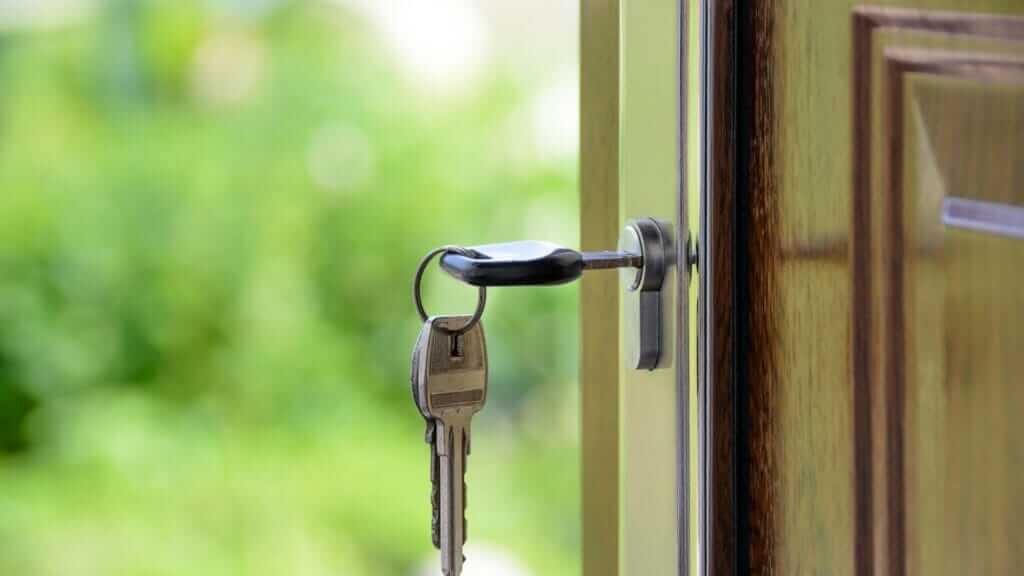
Dubai’s rental laws protect both landlords and tenants, ensuring fair and transparent agreements. A common issue landlords face is tenants refusing access for property inspections, particularly when a landlord wishes to sell or lease the property. Understanding legal rights and proper procedures for requesting access is crucial to avoiding disputes.
Can a Tenant Refuse Access to a Landlord?
Under Dubai’s Tenancy Law (Law No. 26 of 2007, as amended by Law No. 33 of 2008), once a tenant occupies a rental property, they have the right to privacy and exclusive possession. This means a landlord cannot enter the property without prior notice and tenant consent, except in specific situations.
When Can a Landlord Legally Access the Property?
A landlord can request access under the following circumstances:
- Urgent Maintenance & Emergency Situations – If there is a leak, electrical failure, or another urgent issue, the landlord has the right to enter, even if the tenant refuses. If necessary, legal action can be taken.
- Inspection for Sale or Lease – If the landlord intends to sell or lease the property, they can request access to show the property to potential buyers or new tenants. However, reasonable notice must be provided.
Required Notice for Inspections
Dubai law does not specify an exact format for notice, but best practices include:
- Written notice (Email + WhatsApp + Courier/Registered Post)
- At least 48 hours in advance
- Clearly stating the purpose of the inspection (sale or lease)
- Specifying date and time
- Requesting tenant confirmation
If a tenant refuses access after receiving proper notice, the landlord may escalate the matter.
What If a Tenant Refuses Access?
If the tenant refuses access without a valid reason, the landlord should first send a legal notice via Notary Public or Court Courier. If the tenant still does not comply, the landlord can then escalate the matter by filing a complaint with the Rental Disputes Center (RDC).
- Send a Legal Notice via Notary Public or Court Courier – A registered legal notice serves as official documentation and may persuade the tenant to comply. The standard timeframe for a response is 7 to 15 days, not 30 days.
- File a Complaint with the Rental Disputes Center (RDC) – The RDC has the authority to issue a legal order compelling the tenant to grant access.
Key Takeaways for Landlords
- Always provide a written notice and keep a record.
- If refused, send a final legal notice via registered courier.
- If the issue persists, escalate to the Rental Disputes Center (RDC) for resolution.
By following these legal steps, landlords in Dubai can ensure compliance while protecting their rights to access their property when needed. For professional assistance with legal notices, eviction services, and urgent document delivery in Dubai, contact us today!